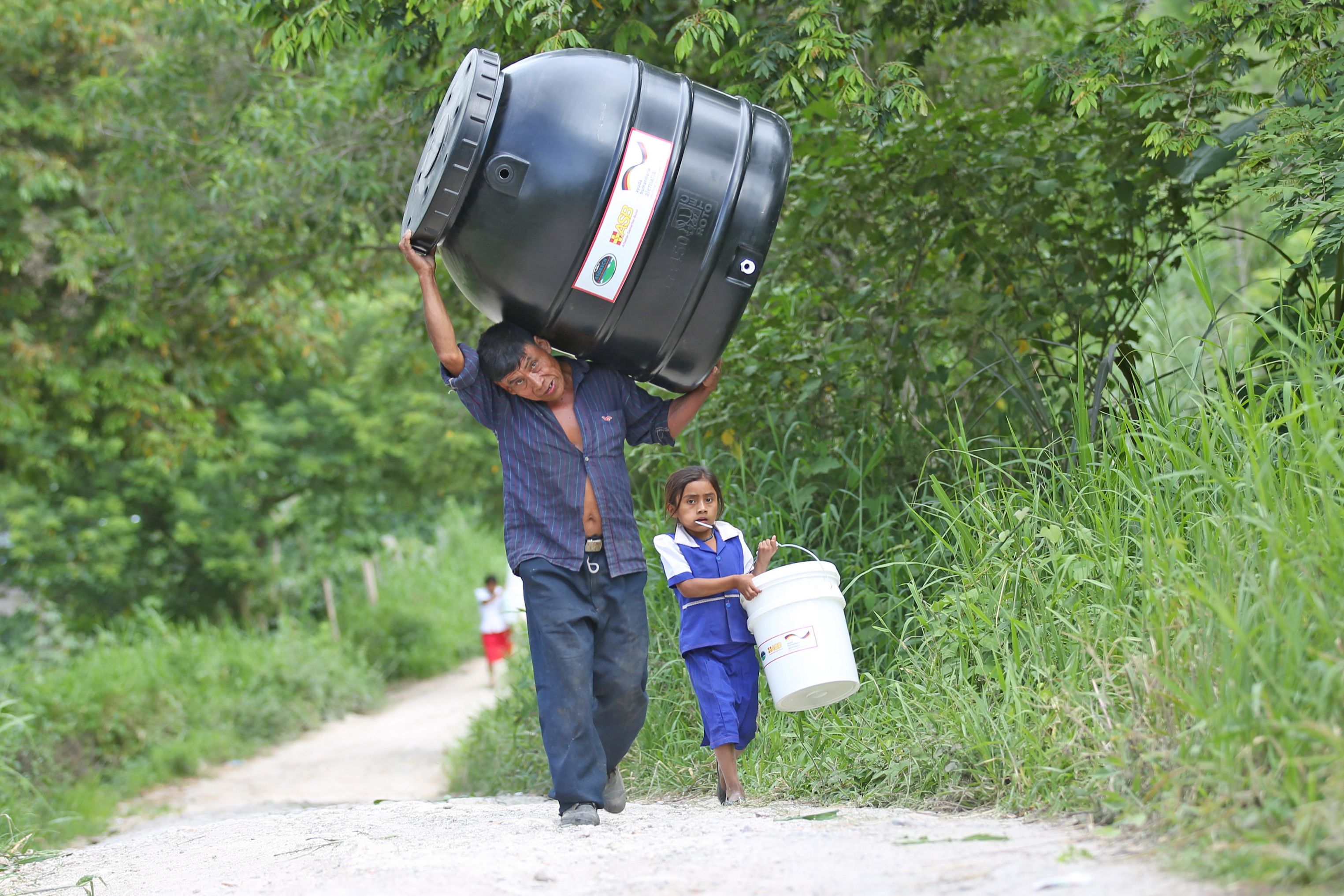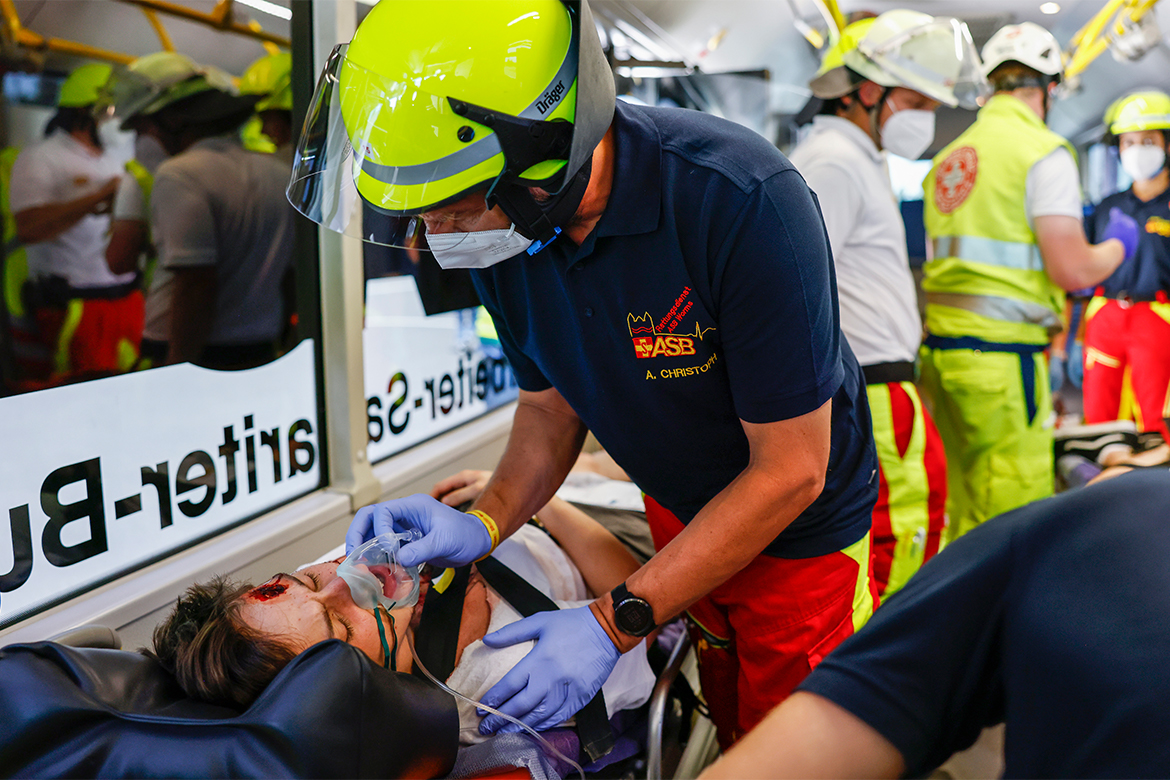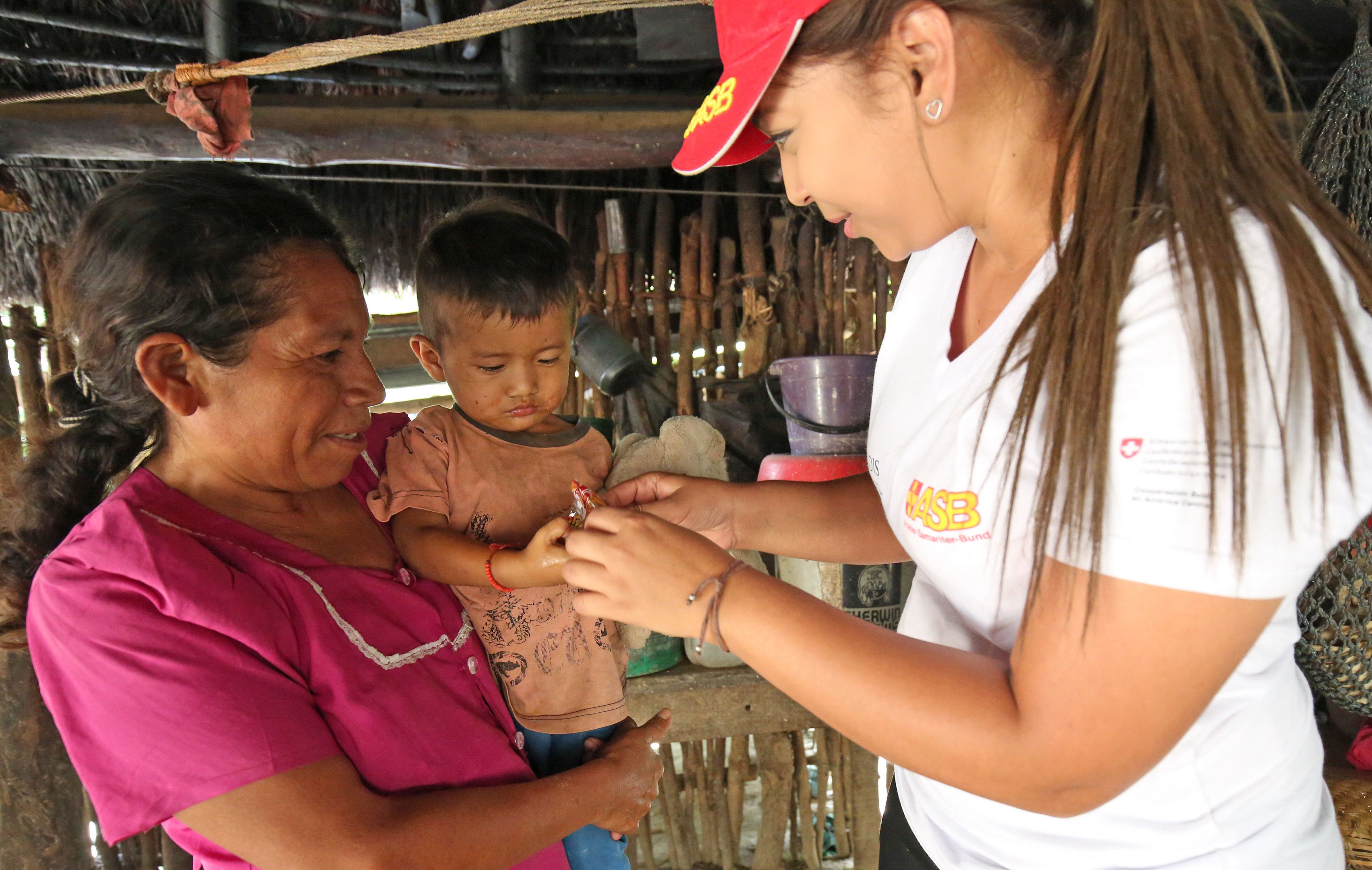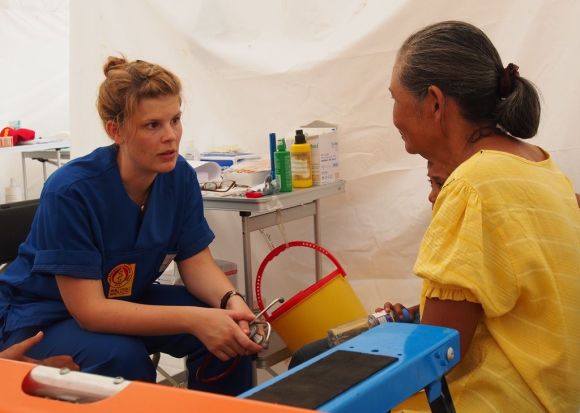
Rescue services
If you need help, the ASB rescue service provides quick and professional help.
Experienced ASB paramedics and emergency doctors are able to conduct life-saving measures at the side of an accident. They know how to stabilize the patient's condition for a safe transportation to a hospital for further treatment.
For accidents near water, the lifeguards and rescue divers of the ASB water rescue serviceensure that patients receive the best care directly at the scene of the accident and en route to the hospital.
Emergency situations like an accident or sudden illness can also occur abroad and require particularly fast and competent assistance. In these cases, members can rely on the ASB International ambulance service, which will transport them to a hospital at home quickly, safely and free of charge, even if intensive medical care is required throughout the journey. Patients receive medical support from emergency teams whilst en route to the hospital in specially equipped ambulances.
Civil protection
Whenever people come together for events such as concerts, sports events or other large events, medical provisions must be guaranteed. In such cases, ASB provides teams of voluntary medical staff.
Moreover, the ASB civil protection service intervenes in the event of extreme weather conditions or in accidents with many casualties. Rapid response teams intervene after large-scale emergencies and dangerous situations to distribute food and drinks, hand out clothing and daily necessities and offer help in evacuations. They provide emergency medical care and set up treatment stations or emergency shelters. The ASB canine rescue team helps in the search for missing people, for example, in collapsed buildings.
The ASB crisis intervention teams are on hand to support people who have gone through terrible experiences. The specially trained and experienced staff offer emotional support to the relatives of those injured or killed. In large-scale incidents, they are asked by the rescue service to provide a first port of call for those affected.



